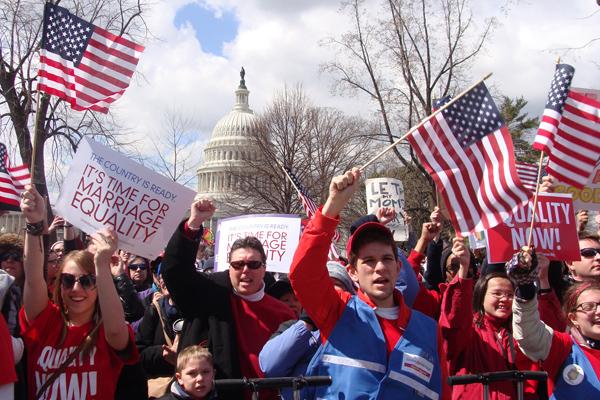Jun 19, 2013
If the range of possible Supreme Court rulings on gay marriage this month requires a scorecard, the potential confusion arising from those decisions may demand a manual.
It’s not as simple as whether gays and lesbians can marry, and whether they become eligible for federal benefits. The two decisions are likely to create new questions for couples in civil unions and those who move between states, as well as for employers.
As a result, what’s already a complex situation for many gay and lesbian couples could get more complicated, at least initially, said John Culhane, a law professor at Widener University’s Delaware campus and co-author of Same-Sex Legal Kit for Dummies.
Read the Full Article

Already a subscriber? Login
